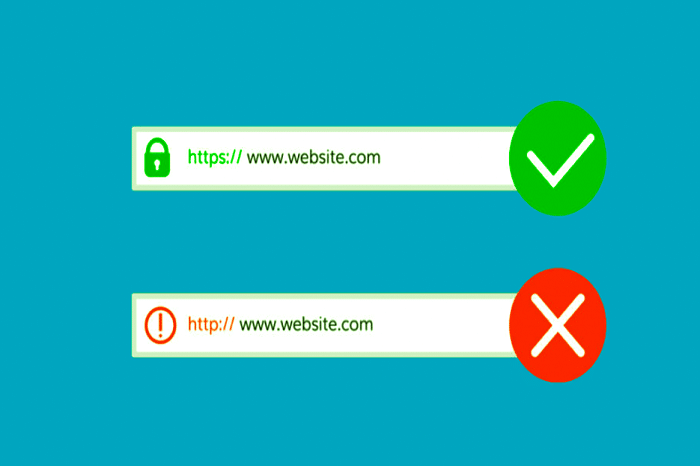
For a long time, there have been many comments about the importance of having your website protected under the https protocol. Even Google takes it into consideration when it comes to positioning; even before the end of the year, it may already be mandatory for all web pages. We have already made the change; find out why you should too.
What is in a SSL certificate?
HTTPS is the improved and protected version of the HTTP version, the standard rules for carrying data from the website’s servers to the user. It operates with another protocol, SSL, to secure the connection between the user and the website. Eventually, you confirm your visitors that your website is the one they want to visit and that all data and activities sent out on its travel through the network are encrypted.
What is an SSL certificate used for?
With the traditional HTTP protocol, we are offering unsafe browsing; we put our data at risk, exposing ourselves to identity theft, passwords, user data, etc. We can solve this with an SSL certificate. If your visitors’ security is not enough, you should know that Google takes into account those websites with an SSL certificate when it comes to SEO positioning.
Do you really need SSL?
If you have an online store or have any type of payment gateway on your website, the answer is yes, necessarily. But having a secure website is not just a matter of online stores; with an SSL certificate, you transmit security, quality, and trust to your users, so it is recommended for any type of website. In addition, with the new General Data Protection Regulation, it is almost essential to ensure a safe browsing environment for the transmission of personal data.
How do I know if a website has an SSL certificate?
Very easy, in the browser’s address bar, you will see a lock icon next to the URL. Also, in browsers like Chrome, if you click on the padlock, the certificate, security level, and certification that endorses it will be displayed.
How much does an SSL certificate cost?
Depending on the certificate, it can range from zero to several hundred euros. The good news is that there are already free SSL certificates to have our website under HTTPS like Let’s Encrypt, a free certifying entity endorsed by the greats of the industry. If until now the SSL protocol had not finished taking off, it was due to a mere question of bureaucracy and costs. Now installing an SSL takes a few minutes in addition to being able to choose free certificates.
Is my website 100% secure with having an SSL certificate?
No. This is something that many people ask. The SSL certificate protects the communication between the server and the user, but not the web itself, so we will have to work on implementing a series of good practices that help protect our website and make it more difficult for those who want to spoil our day. In any case, HTTPS is a great starting point.
